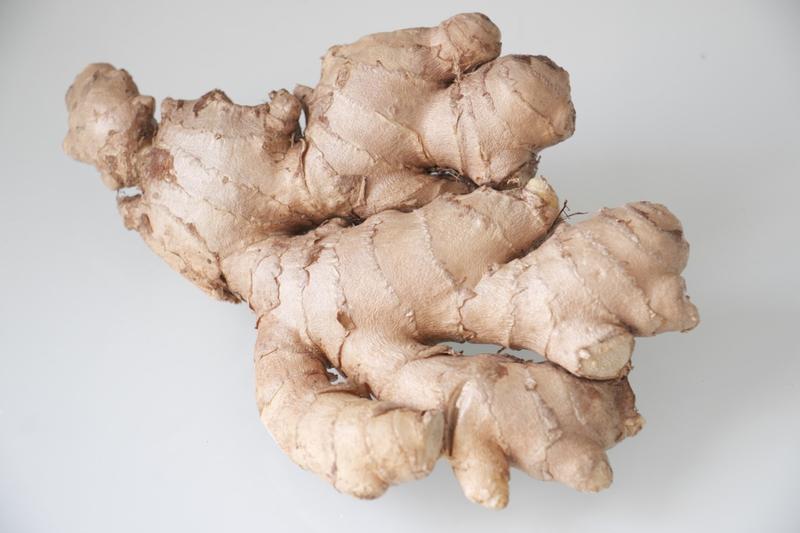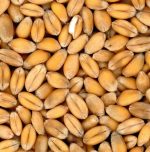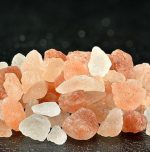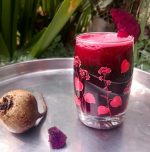Natural remedies and habits to prevent and dissolve blood clots in your legs

Blood clots can pose a serious threat to your health, especially when they form in the legs, potentially leading to conditions like deep vein thrombosis (DVT) or pulmonary embolism.
While medical treatments are available, some natural remedies and habits can aid in preventing and dissolving blood clots.
Exercise, a cornerstone of good health, plays a pivotal role in promoting blood flow and preventing clot formation. Low-impact activities like walking, cycling, and swimming improve circulation and can even help break down existing blood clots.
Ginger, a natural blood thinner and anti-inflammatory agent, contains gingerol. It helps discourage platelet aggregation and prevents clot formation. You can enjoy ginger in various forms, including ginger tea or supplements.
Turmeric, a staple in Indian cuisine, boasts anti-inflammatory properties due to curcumin. Research shows that curcumin can deter blood clots from forming. Incorporate turmeric into your diet, or take it as a supplement.
Cayenne pepper, with its capsaicin content, acts as a natural blood thinner and enhances blood circulation, reducing the risk of clot formation. Add it to your food or take it as a supplement.
Garlic, another natural blood thinner, contains allicin, a compound that discourages platelets from sticking together and forming clots. Adding garlic to your meals or taking it as a supplement can be beneficial.
Staying hydrated by drinking at least eight glasses of water a day helps keep your blood thin and flowing smoothly, aiding in the prevention of blood clots.
Foods rich in vitamin E, like almonds and spinach, have anticoagulant properties and can help dissolve blood clots. Regular consumption of vitamin E-rich foods is recommended.
Vitamin C, an antioxidant, contributes to preventing blood clots and improving blood circulation. You can find it in citrus fruits, bell peppers etc.
Omega-3 fatty acids, found in fatty fish such as salmon, tuna etc., play a vital role in preventing blood clots. If fish is not part of your diet, omega-3 supplements are available.
While these natural remedies are beneficial, they should not replace medical treatment if you suspect a blood clot in your leg. Seek immediate medical attention for appropriate treatments, including blood thinners and clot-dissolving drugs.
Incorporating certain habits into your lifestyle can also help prevent leg blood clots.
Wearing loose clothing, occasionally elevating your legs, and using compression stockings if recommended by your doctor are effective measures.
Remaining physically active, avoiding prolonged sitting, and taking breaks to move around can significantly reduce the risk.
A low-salt diet is also one of the most important remedies. Prevention of leg injuries and avoiding leg-crossing are important steps.
Elevating the end of your bed and adhering to prescribed medications are also crucial in the prevention and management of leg blood clots.
By embracing these natural remedies and adopting healthy habits, you can take proactive steps to prevent and manage blood clots in your legs, safeguarding your health and well-being.
Image from Pxhere (Free for commercial use / CC0 Public Domain)
Image Reference: https://pxhere.com/en/photo/1084223










Leave a Reply